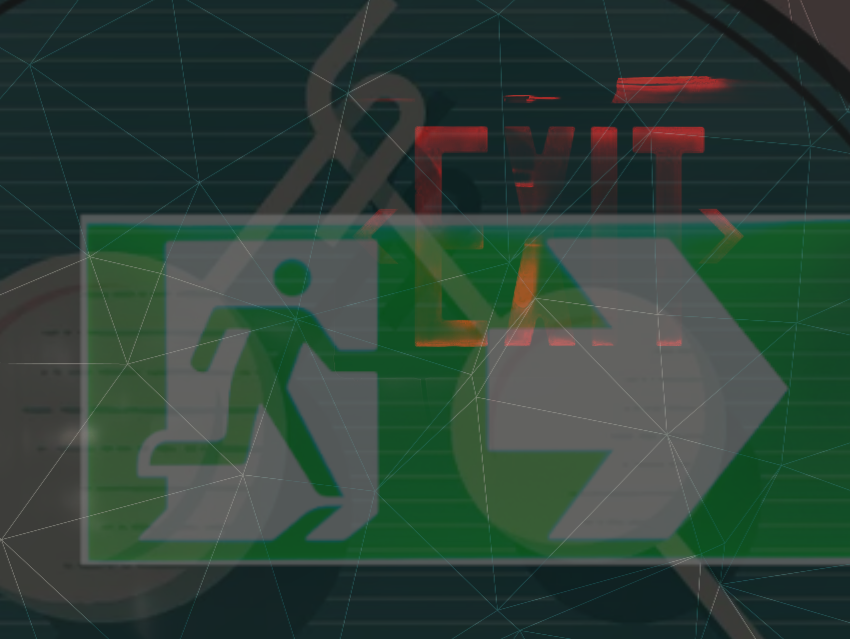A massive power outage that struck Spain and Portugal in April also disrupted the 9th Portuguese Young Chemists Meeting (PYCheM) in Faro, forcing the suspension of several sessions. During these hours, Carina Vieira, Daniela Malafaia, Diana Cunha, Joana Leal, João António, Pedro Gois, Javier García-Martínez, Timothy Noël, and Martyn Poliakoff met and agreed that this is a sign that chemistry needs to be both resilient and sustainable. In their opinion, the large-scale failure highlighted the growing dependence on a stable electricity supply and the fragility of electrified systems. As the chemical sciences advance towards net-zero emissions and greater electrification, the group believes that ensuring resilience across processes, infrastructure, and institutions is essential.
Prompted by these discussions, the group published an article proposing Ten Principles for Resilient Chemistry. These are not prescriptive rules, but rather an open invitation to scientists, engineers, educators, and policymakers to engage in dialogue and research on how chemistry can withstand energy volatility, resource limitations, and geopolitical instability.
The group is now calling on the global chemical community to consider the wider impact of such disruptions on industrial operations, scientific conferences, laboratory work, and the future of chemistry education.
- RESILIENCE: Ten Principles for Building Resilient Chemistry for a Volatile World,
Carina Vieira, Daniela Malafaia, Diana Cunha, Joana Leal, Joao Antonio, Pedro Gois, Javier Garcia-Martinez, Timothy Noël, Martyn Poliakoff,
ChemRxiv 2025.
https://doi.org/10.26434/chemrxiv-2025-025mt




